T4K3.news
Musk Sues Apple and OpenAI
Musk's X and xAI sue Apple and OpenAI, alleging an anticompetitive scheme to limit AI rivals and control app ecosystems.
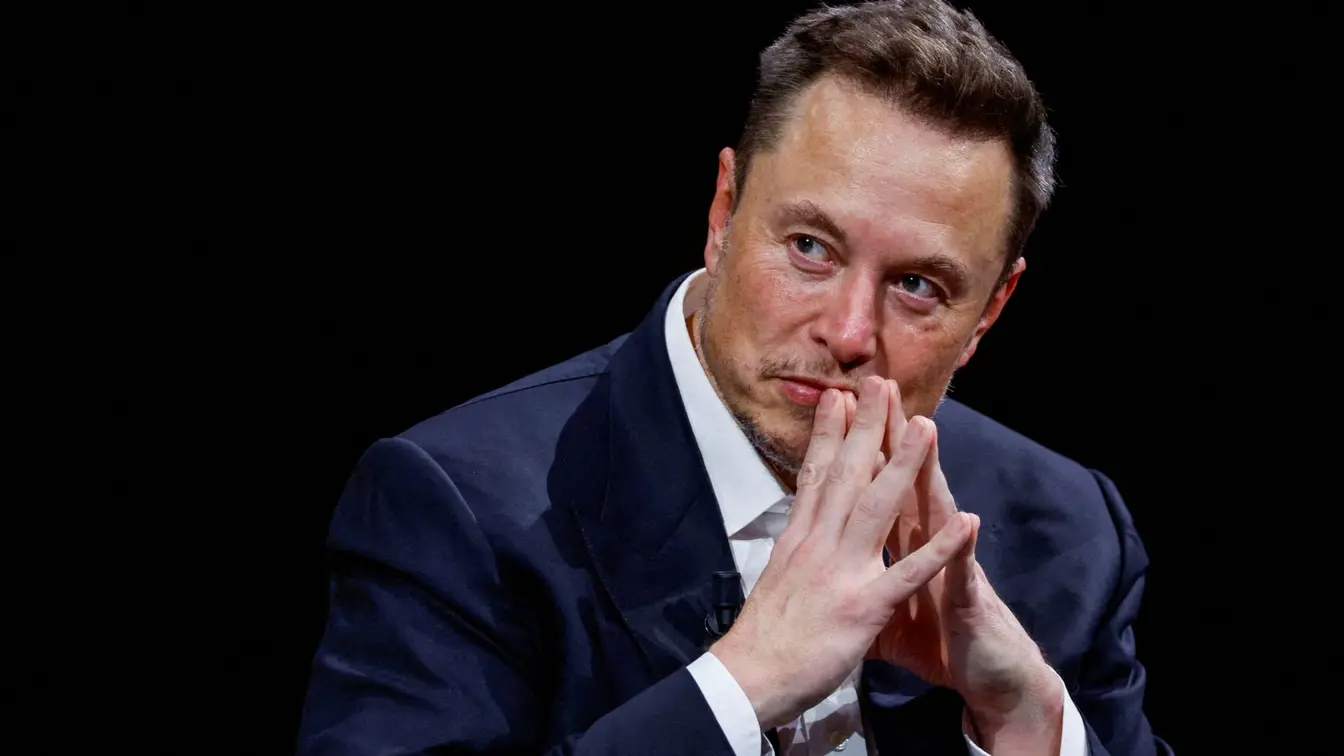
Elon Musk's X and xAI accuse Apple and OpenAI of colluding to curb competition in AI and app ecosystems.
Musk Sues Apple and OpenAI Over Anticompetitive Allegations
Elon Musk’s AI venture xAI and the social platform X filed a lawsuit in a Texas federal court accusing Apple and OpenAI of an anticompetitive scheme to block rivals. The complaint argues that Apple deprioritized so-called super apps and competing AI services in App Store rankings while giving OpenAI’s ChatGPT a preferential position across Apple devices. The suit also notes that Apple and OpenAI have a partnership to integrate ChatGPT into iPhone, iPad, and Mac products, suggesting a clash over who controls access to AI tools on popular hardware. The case was filed in the U.S. District Court for the Northern District of Texas as part of a broader spat between Musk and Altman, with OpenAI calling the filing harassment and Apple not responding to requests for comment.
OpenAI and Apple have both voiced confidence in their positions. An OpenAI spokesperson said the latest filing reflects a pattern of behavior, while Apple has previously described its App Store as fair and unbiased and confirmed its collaboration with OpenAI on ChatGPT integration.
Key Takeaways
"This latest filing is consistent with Mr. Musk's ongoing pattern of harassment."
OpenAI response to the filing.
"This is a remarkable claim given what I have heard alleged that Elon does to manipulate X to benefit himself and his own companies and harm his competitors and people he does not like."
Sam Altman responding to the lawsuit.
"Apple's App Store was designed to be fair and free of bias."
Apple's stance on App Store fairness.
"Apple last year partnered with OpenAI to integrate ChatGPT into iPhone, iPad, Mac laptop and desktop products."
OpenAI and Apple collaboration cited in the filing.
The lawsuit highlights how control over platform ecosystems can shape the AI market, not just product features. If the courts sided with Musk, it could signal tighter scrutiny of app store rankings and the way AI tools are distributed through devices. If Apple and OpenAI prevail, the case could reaffirm the power of large platform owners to influence competition across software and services. Beyond legal arguments, the dispute underscores ongoing tension between innovation and gatekeeping in fast evolving AI markets. Regulators may watch closely to see whether this case prompts clear rules on access, interoperability, and the responsibilities of platform operators to foster healthy competition.
Highlights
- Power plays will decide who shapes the next wave of AI
- The courtroom becomes the new arena for tech rivalries
- Access to AI is becoming a battleground for control
- Platform power can tilt the AI market before a single product ships
High impact antitrust dispute risk
The lawsuit touches on antitrust concerns and platform governance, which could invite regulatory scrutiny, influence investor sentiment, and affect consumer access to AI tools. The legal process may be lengthy and costly with outcomes that are difficult to predict.
The legal path may redefine how we think about access to AI in everyday devices.
Enjoyed this? Let your friends know!
Related News
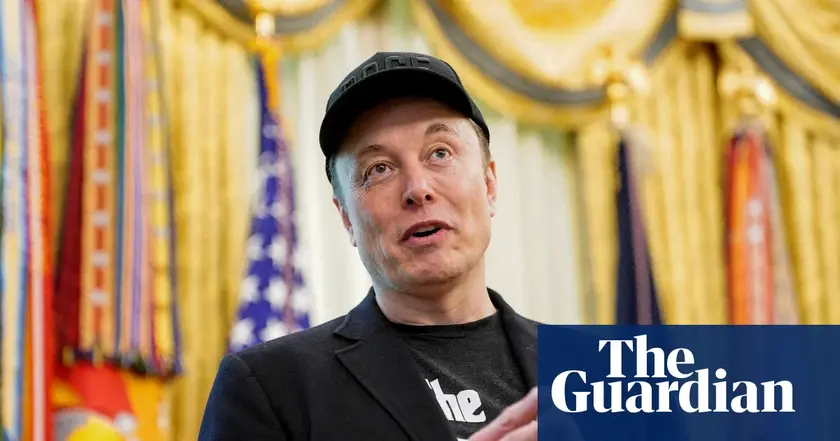
Musk Sues OpenAI Apple in Antitrust Clash Over AI and App Store Power

AI gatekeeping under legal challenge
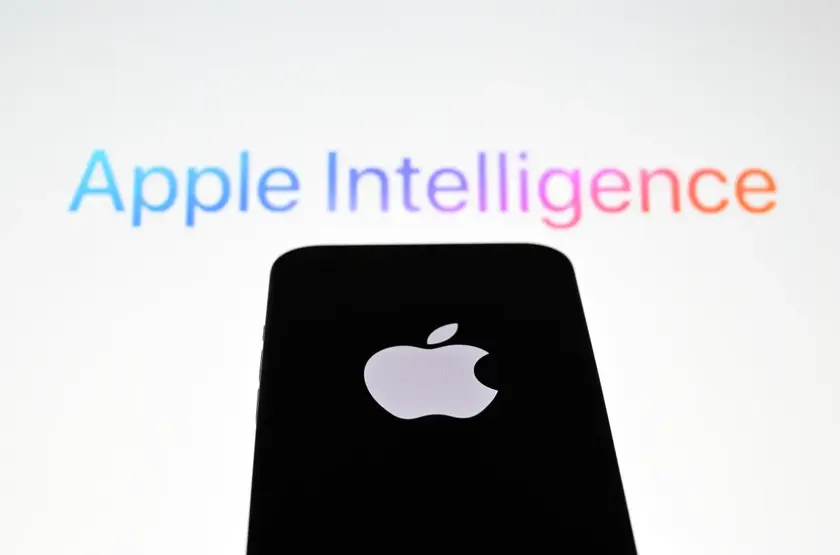
Apple rejects Musk claim of App Store bias toward OpenAI
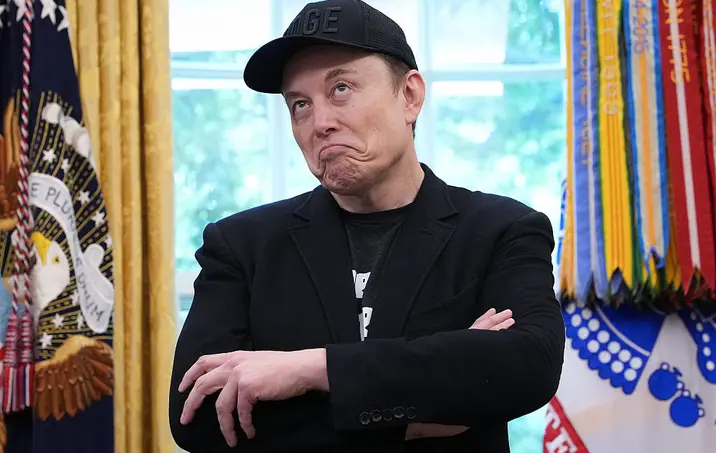
Musk targets Apple with lawsuit threat over Grok rankings

Musk sues Apple over App Store practices

OpenAI Musk dispute escalates
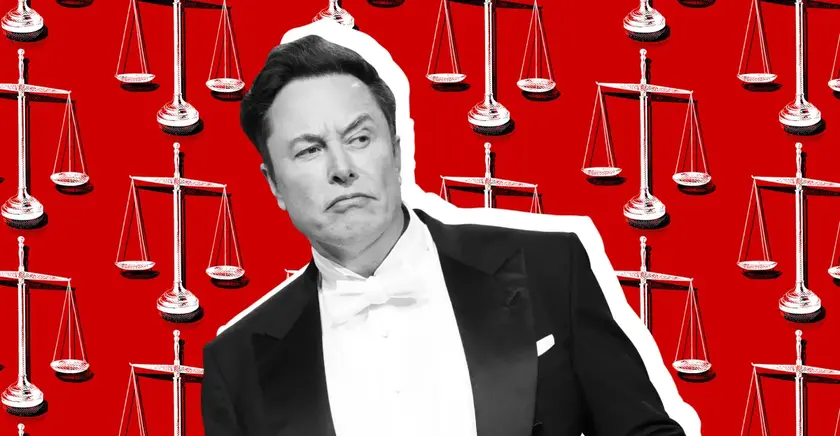
Musk accuses Apple of antitrust in App Store rankings

Vergecast on GPT-5 backlash and vibe coding
